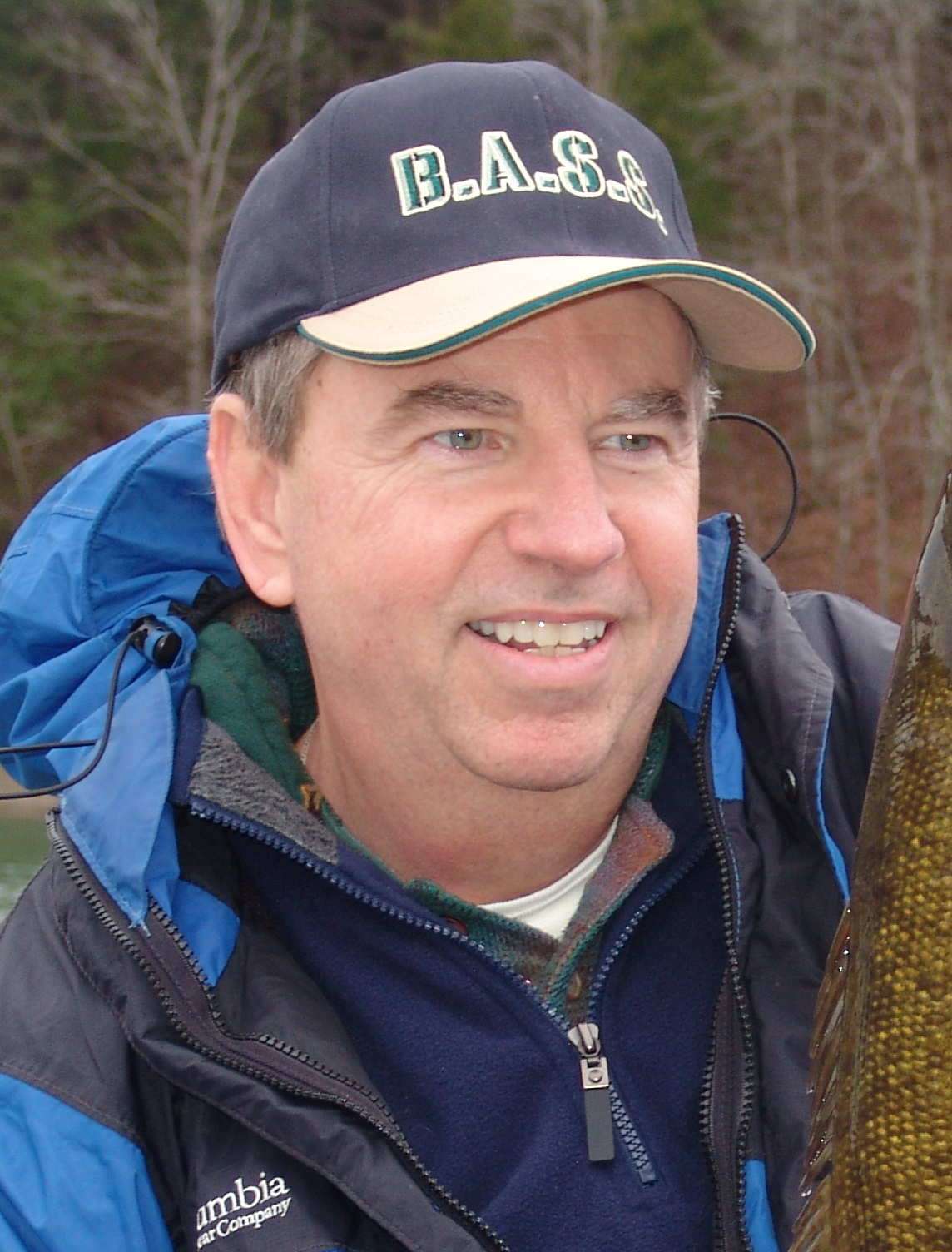
SACRAMENTO — Your help is needed today to save bass in the California Delta. Bass will be on the chopping block if a drought relief bill passes in its current state.
If you live in California, sign this letter to the Energy and Natural Resources Committee.
If you live outside of California, contact your Senator and Representative and tell them why you need their support.
As an introduced sportfish, black bass have thrived in the modified waterways of the West for more than a century, creating world-class fisheries worth millions of dollars annually to local economies. At the same time, though, they have become convenient targets to blame for the decline of salmon and trout in those fisheries altered by habitat loss, irrigation and development.
Recently, the Oregon Department of Fish and Wildlife made a management decision based on politics instead of science, removing size and creel limits in the Columbia, John Day and Umpqua rivers.
And now California Sens. Barbara Boxer and Diane Feinstein are pushing the U.S. Congress to pass a “drought relief” bill (California Emergency Drought Relief Act of 2015) for California that includes an eradication program for largemouth bass and stripers in the California Delta, which was ranked by Bassmaster Magazine in 2015 as the nation’s fourth-best bass fishery.
This 1,100-square-mile waterway annually draws bass fishermen from all over the country and often plays host to big-name tournaments, including the Elite Series.
And while Feinstein is pressing for the stand-alone bill in the Senate, indications are that the Republican-led House of Representatives might include similar legislation in its 2016 omnibus appropriations bill. If that should happen, federal agencies could start drawing up programs to eradicate bass and other non-native species in short order.
As they address ways to deal with the California drought, these proposals appears intent on blaming bass, stripers and other non-native species for the decline of salmon, according to Scott Gudes, vice president of government affairs for the American Sportfishing Association (ASA).
“Non-indigenous sportfish are a scapegoat,” he said. “The House bill and Feinstein’s bill target sportfish for elimination.”
Gene Gilliland, national conservation for B.A.S.S., said that inclusion of language to eliminate non-native predators as a measure to help save salmon is ludicrous.
“It is highly unlikely that eliminating black bass and striped bass will provide any significant improvement in salmon smolt survival,” said Gilliland. “And being realistic about it, reducing those predator populations will be all but impossible in a waterway as vast as the Delta.”
As with the Oregon regulation change, this proposal mostly serves to appease the anti-bass groups by giving the appearance that something is being done to address the problem of water shortages and declining cold-water fisheries.
“Under the semblance of alleviating problems caused by the drought, the senators have unfortunately missed the massive environmental impacts that occur due to exporting vast amounts of the estuary’s water by state and federal water projects,” added Allied Fishing Groups (AFG), a large coalition of angler organizations opposed to the bill.
“These projects have been found to be the primary cause for the declines of salmon, delta smelt, steelhead, striped bass and sturgeon, and for the extensive degradation of the productivity of the estuary’s ecosystem.”
AFG also pointed out that the bill’s authors failed to use best available science on the estuary fisheries and ignored studies that reveal predation is the least important stressor on salmon and one that doesn’t impact the estuary’s ecology or populations of species listed under state and federal endangered species act.
“Prior to the building of the state and federal water project facilities, all the estuaries fishery resources thrived together, as did the productivity of the estuary’s food web,” it said.
At its Keep America Fishing website, the American Sportfishing Association calls S. 1894 “a complex piece of legislation that contains mostly good but also bad provisions.” And with the help of a letter that it provides, it urges anglers to tell their senators to protect “other sportfish” as well as salmon. Sign it here.
“Removal of sportfish should not be a focus,” the letter says. “Sportfish are not a significant threat to salmon survival, compared to the primary issue of water management. The key is to implement other strategies to get young salmon to the ocean, such as timing water releases from Shasta Dam to correspond with outmigration of salmon and trucking smolts past the low, warm sections of the Sacramento River and delta.”
Via that website, anglers can contact only senators on the Energy and Natural Resources Committee, which has been holding hearings on the bill, Gilliland said. There’s even more you can do.
“We encourage anyone who fishes the Delta and/or values bass fishing in general and hates federal overreach to write those key senators and their own senators to make sure they are informed on the problems with this bill,” he added.
All senators can be contacted through this site, and House members through this one.
Those who fish the world-famous Delta must wake up quickly and “realize their Republican (House) members and Senate delegation are trying to destroy freshwater fishing in central California,” ASA’s Gudes said.

